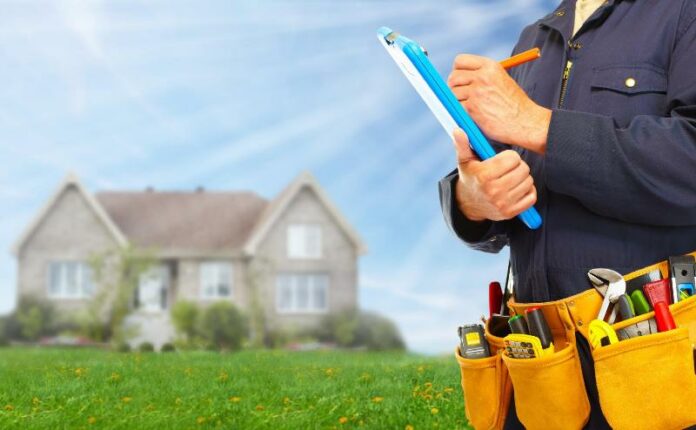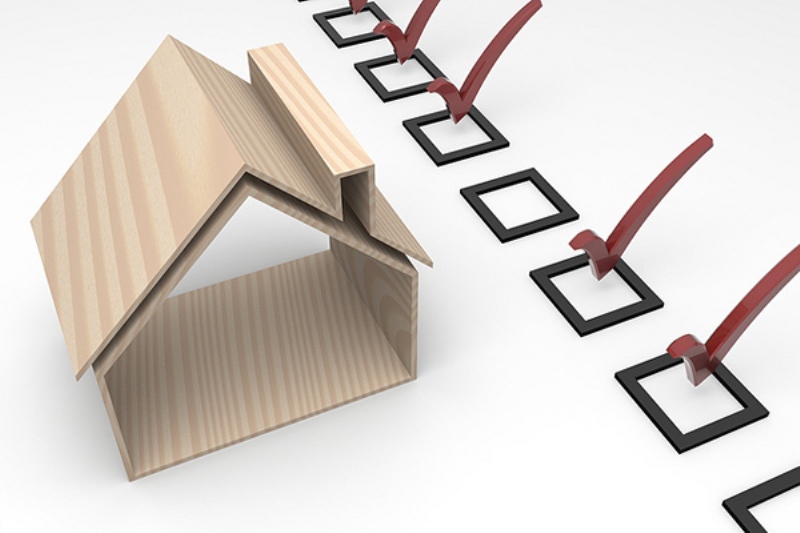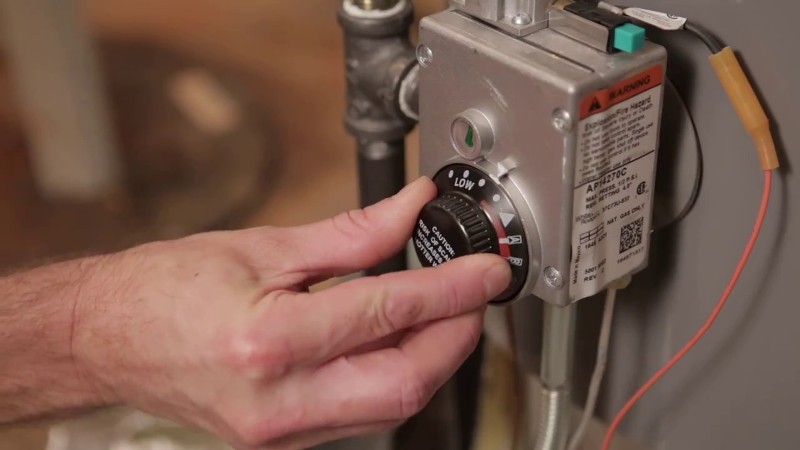Owning a house is incredibly rewarding but requires a significant amount of maintenance work! Check out these helpful tips for new homeowners.
If you’re buying a home, then you know that getting through the buying process is only half the battle.
Once you’ve got the keys, you need to make sure that your home is ready for your family, and the wear and tear they will incur.
Read on for 10 essential tips for new homeowners, to increase savings and make your new house a real home.
1. Get an Airtight Homeowner’s Insurance Policy
In order to be approved for a mortgage loan, lenders require the homebuyer to have homeowner’s insurance.
And while the likelihood that you use your policy may seem remote, when the time comes, you want to be financially protected.
Whether it’s a natural disaster, water damage from a broken appliance, a third-party injury, or other problem, having the right homeowners insurance can make the difference in thousands of dollars of out-of-pocket costs for you.
You can find more details on choosing the right policy for you and your home.
2. Create a Home Maintenance Checklist
Many of the tips on our list are one-time changes. But the key to successful home care is consistent, long-term property maintenance.
Start by making a list of your appliances, their age, and estimated replacement date. Budget a little money every month to prepare to repair or replace your home’s appliances as they age.
Next, create a cleaning schedule for weekly, monthly, quarterly, and annual tasks. A sample schedule may include these tasks:
Weekly: Vaccum all carpet floors, mop all hard floors, clean all bathrooms top to bottom, sanitize all kitchen and bathroom surfaces
Monthly: Vacuum all fabric furniture, shampoo carpets if needed, empty and clean fridge and freezer, sweep garage
Quarterly: rotate decor and seasonal clothing, check and change furnace air filters, clean all windows and screens, check all fire and CO2 alarms
Annual: Get an HVAC tune-up, clean all light fixtures, remove and clean all air vents, check the expiration on the fire extinguisher and replace if needed
This isn’t a comprehensive list, but it’s a great place to start. Maintaining the cleanliness of your home and appliances can save you a lot of money and increase the value of your home when it sells.
3. Evaluate the Insulation
One of the first things you should do is evaluate the amount of insulation in the ceiling. If you find that it’s lacking or old, consider replacing and reinforcing the insulation.
If you live in an area that experiences extreme temperatures, most experts recommend at least 6 inches of insulation in attics.
Having a thoroughly insulated home will reduce your energy costs and cause less wear and tear on your HVAC systems.
4. Install Ceiling Fans
Ceiling fans have a lower energy cost than HVAC systems. Consider replacing the main light fixtures in your bedrooms and living spaces with light/ceiling fan combos.
In the summer, turn your thermostat up a few degrees higher than you would normally keep it and then use the ceiling fans to circulate the cold air.
During the winter, use the direction switch on your fan to push warm air down. You can set your thermostat to a lower temperature during colder months.
5. Tips For New Homeowners: Adjust the Water Heater
Most water heaters are set to a higher temperature than is safe or even commonly used. You can manually turn down the water temperature to a safe 120 degrees Fahrenheit.
It will reduce costs as well as wear and tear on your water heater.
If you’ve got an older model, consider purchasing an insulation blanket specifically designed for water heaters. Do not use a regular blanket. These specially designed insulation blankets can keep your water hotter for longer, reducing the amount of energy used to maintain warm temperatures.
6. Climate Control Tips
If you don’t have a thermostat that allows you to schedule heating and cooling, then replace it.
In the summer, program your thermostat so that at night and when you’re out of the house the temperature rises a few degrees. Only turn your thermostat off if you are gone for more than a day and the outside temperatures are moderate.
7. Keep an Eye on Cracks
If you notice any ceiling cracks or cracks in the basement, mark the full crack with tape and put the current date on it. Return to the crack every 3-6 months.
If you notice growth, you may want to contact a professional to see if you need to make any repairs before the crack turns into a larger problem.
8. Replace the Old with Energy Efficient
While the upfront cost of replacing old appliances may seem daunting, you’ll save more money in the long run by using energy efficient appliances in your home.
If it’s not in the budget to replace all your appliances, start with the oldest ones, or the ones that get the most use and work your way from there.
9. Perform a Thorough Clean
One of the first things every new homeowner should do is perform a thorough cleaning of the home.
If you don’t have the time, consider hiring a cleaning specialist and carpet cleaner to come into the home and do a deep sanitizing clean on all surfaces, floors, and walls.
You can search for local cleaning services here.
10. Security, Security, Security
Another essential part of home ownership is evaluating the security of your home. Always change the exterior locks and make a few sets of spare keys.
Place locks or stops on all the windows.
Install a security system and doorbell camera if there isn’t one already.
Maintaining the security of the house is what will help it feel like home.
Home, Sweet Home!
You’ve got a new home, and now you know these essential tips for new homeowners. Now it’s time to turn this house into a home.
Visit our page for tips on decor and info on all things home.





















